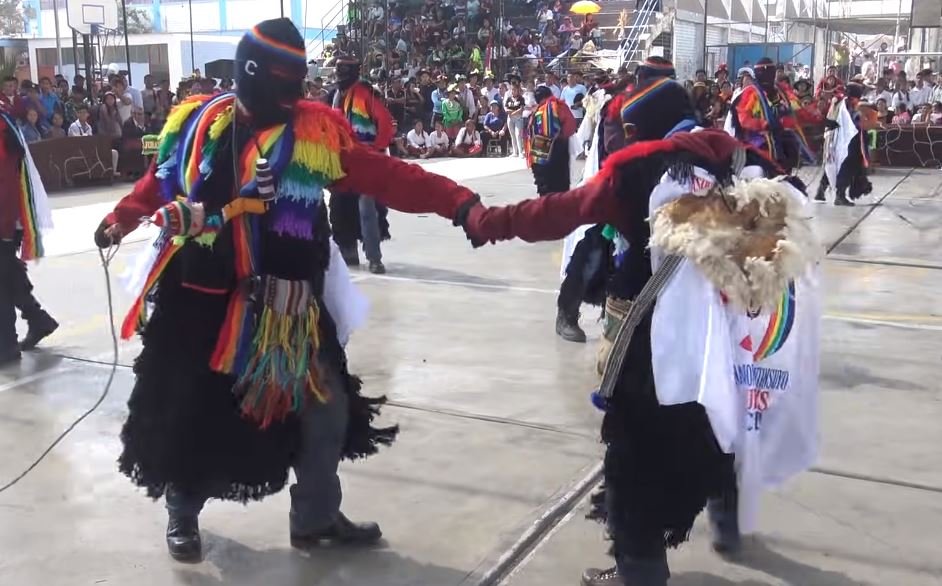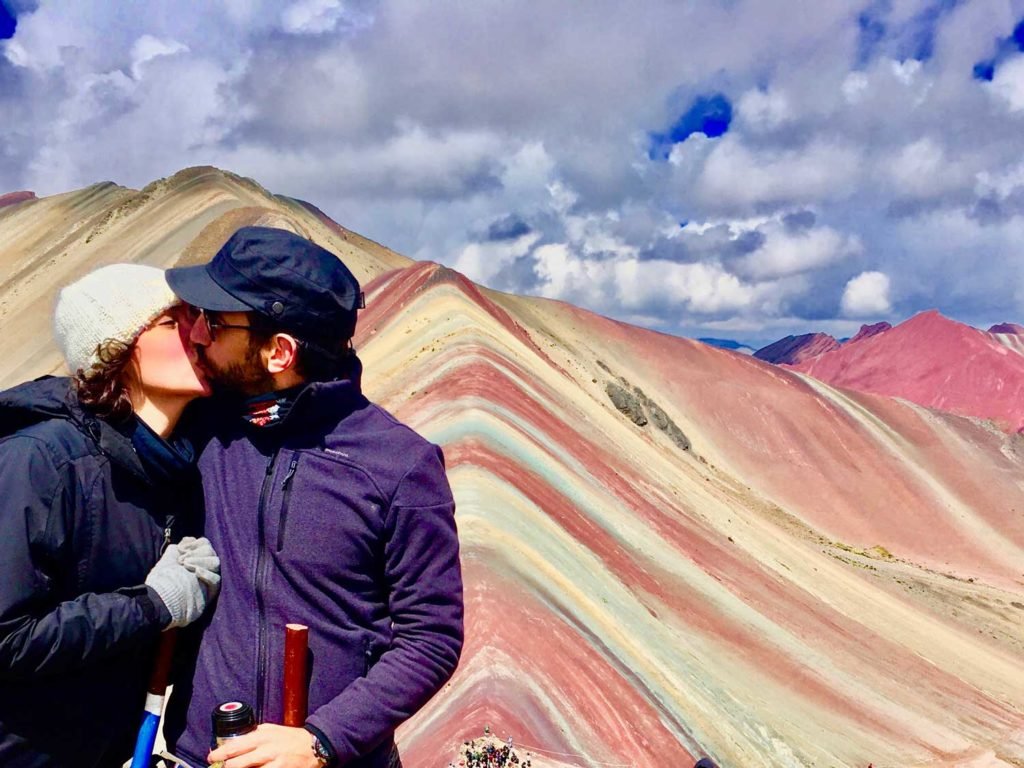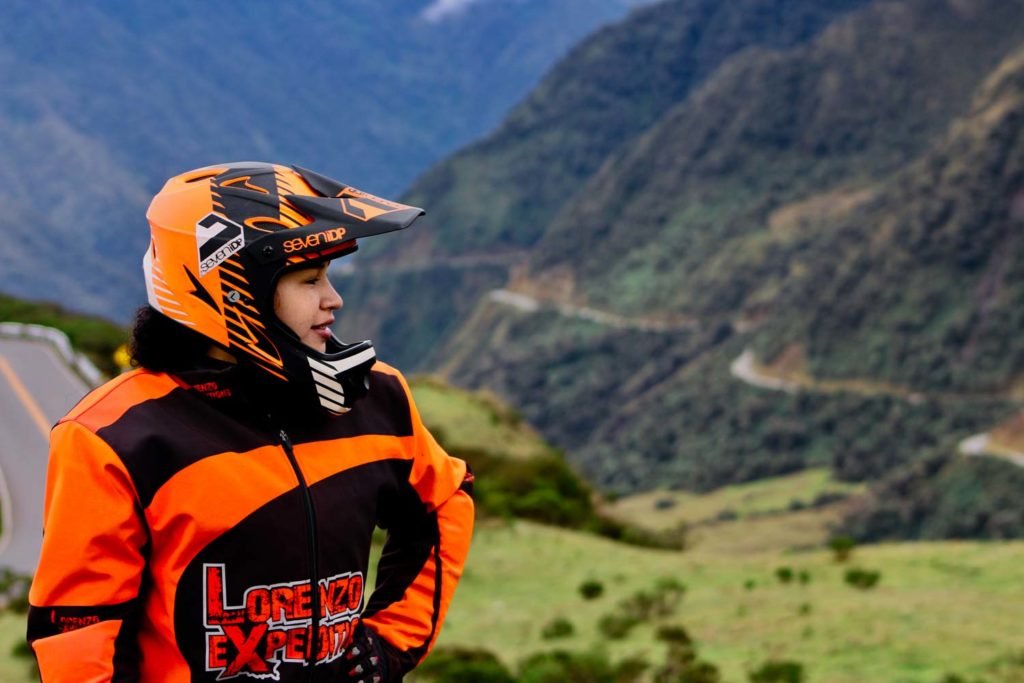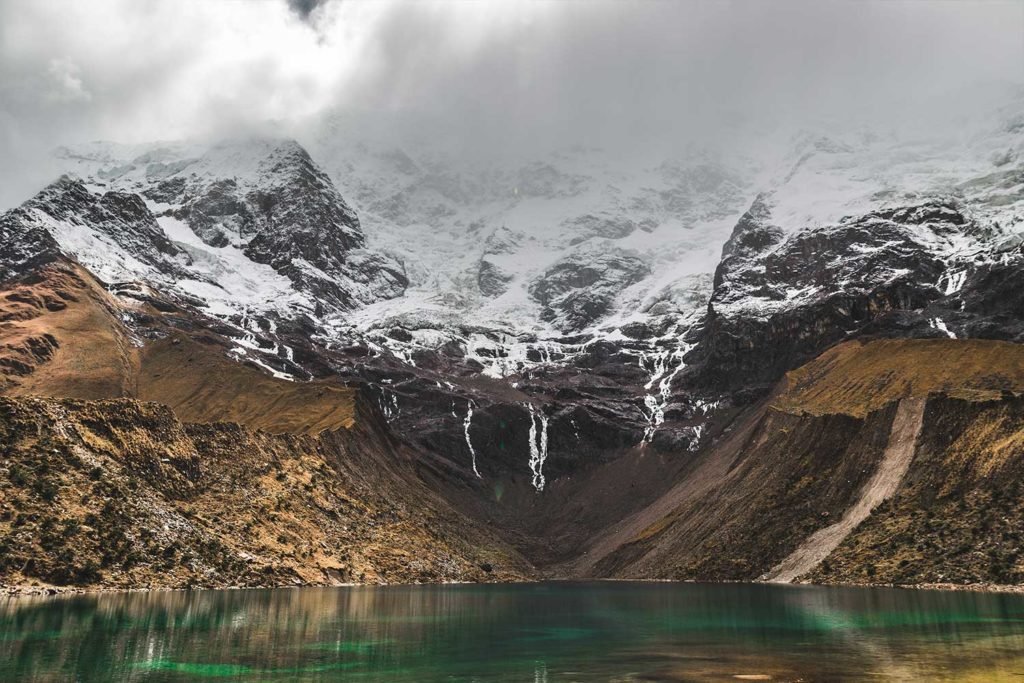The Ukukus, also known as Qhapaq Qolla, are a cultural and spiritual tradition involving spectacled bears, also called Andean bears (Tremarctos ornatus), in the Andean regions of Peru. This ancestral practice has a profound relationship with reverence and respect for the spectacled bears.
The Ukukus are considered guardians and protectors of the spectacled bears and their habitat. Members of this tradition dress in special clothing that includes animal skins and masks that mimic the appearance of the bears. During traditional festivals and rituals, they assume the role of the Ukukus, who represent the spiritual connection between humans and spectacled bears.
Ukukus: Bear Guardians and Andean Tradition
This practice has ancestral origins and is rooted in the belief that spectacled bears possess spiritual strength and are considered guardians of the sacred mountains. The Ukukus, by disguising themselves as bears, seek to communicate with the spirits of these animals and transmit their concerns to humans.
In addition to their spiritual function, the ukukus also play an important role in the conservation of spectacled bears. They work as guardians of the natural areas where the bears live, helping to monitor and protect these endangered animals from illegal hunting and habitat destruction. The ukukus work closely with local communities, governments and conservation organizations to raise awareness of the importance of spectacled bears and implement effective conservation measures.
Passed down from generation to generation, this tradition keeps the connection between humans and spectacled bears alive. The ukukus are key to preserving Andean culture and promoting the protection of the emblematic spectacled bears.
It is important to mention that not all regions of the Andes in Peru have the practice of Ukukus. The tradition may vary according to the different communities. The preservation of this vital tradition safeguards the spectacled bears and enhances the Andean cultural heritage.
Who are the Ukukus?
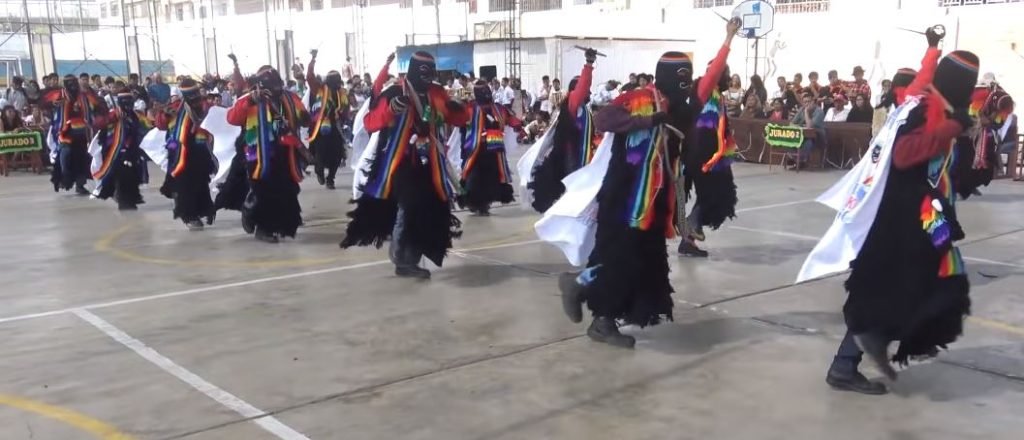
Ukukus are traditional and iconic characters in the festivities that take place in the Andean regions, especially in Peru. These individuals play a significant role in celebrations and rituals, assuming a distinctive and symbolic identity.
The ukukus are often associated with Andean religious and cultural celebrations, such as the Feast of the Sun (Inti Raymi) and the Feast of Viracocha. They wear peculiar and characteristic costumes, with masks and clothes adorned with vibrant colors and traditional ornaments. Their clothing is a combination of elements that represent the nature and spirituality of the Andes.
They considered the Ukukus sacred figures and assigned them the mission of mediating between the human and spirit worlds. People believe they possess supernatural powers and unique abilities to communicate with gods and nature spirits. As such, they assume the responsibility of protecting and preserving harmony between the two realms.
The Ukukus: Guardians of Andean Culture and Spirituality in Traditional Festivities
During festivities, the ukukus perform traditional dances, rituals and theatrical performances. They represent Andean mythology and the relationship between humans and the spirit world. They participate in activities such as dances of gratitude to the earth, offerings to the gods and symbolic representations of battles between good and evil.
In addition to their spiritual function. The ukukus also play an important role in the conservation of Andean culture and tradition. They preserve ancestral knowledge and values, nurturing identity and pride in Andean communities for future generations.
The Ukukus are not a homogeneous entity in all the Andean communities. Their characteristics and meanings may vary according to the region and the specific cultural context. Nevertheless, people recognize them as revered and respected figures in traditional celebrations.
Ukukus play a vital role in the preservation of the rich cultural and spiritual heritage of Andean peoples. Their participation in festivities strengthens the ancestral connection and the preservation of traditions in Andean communities.

